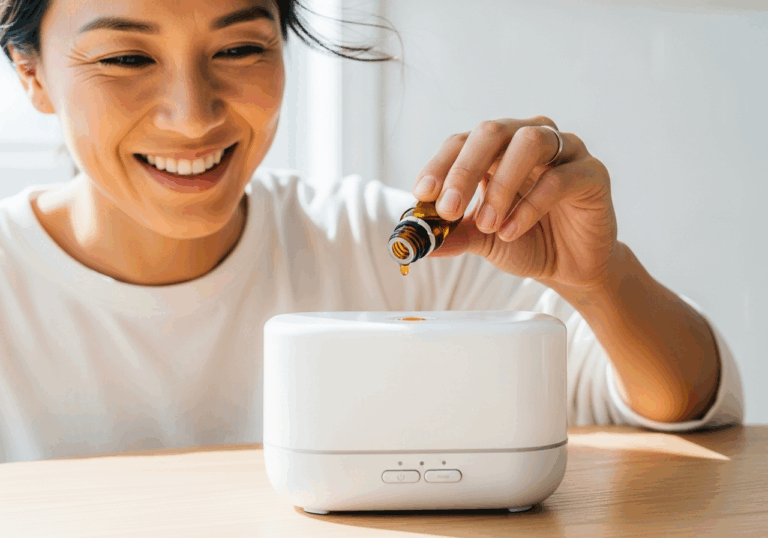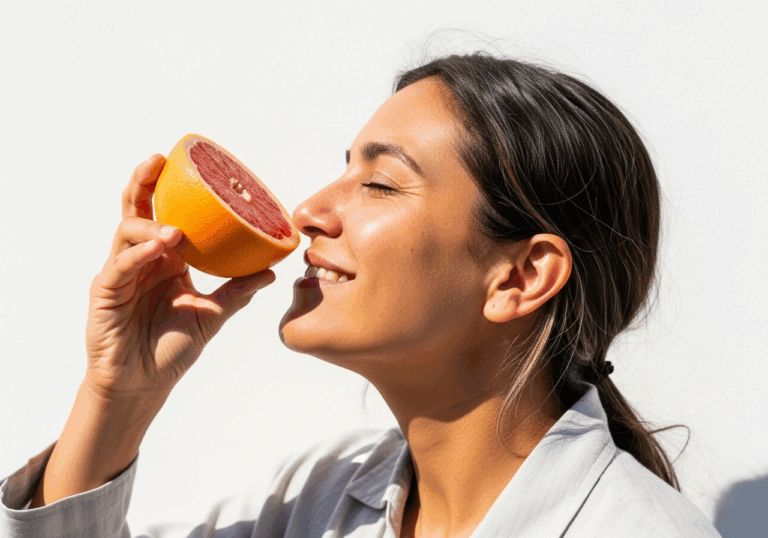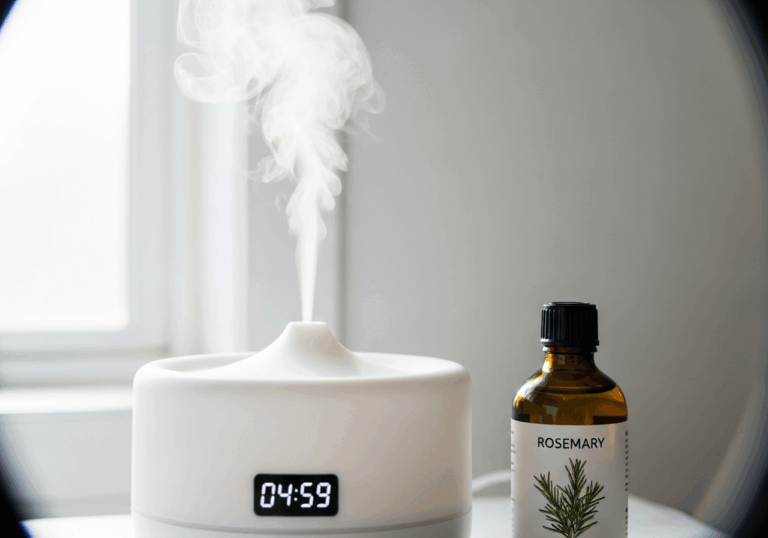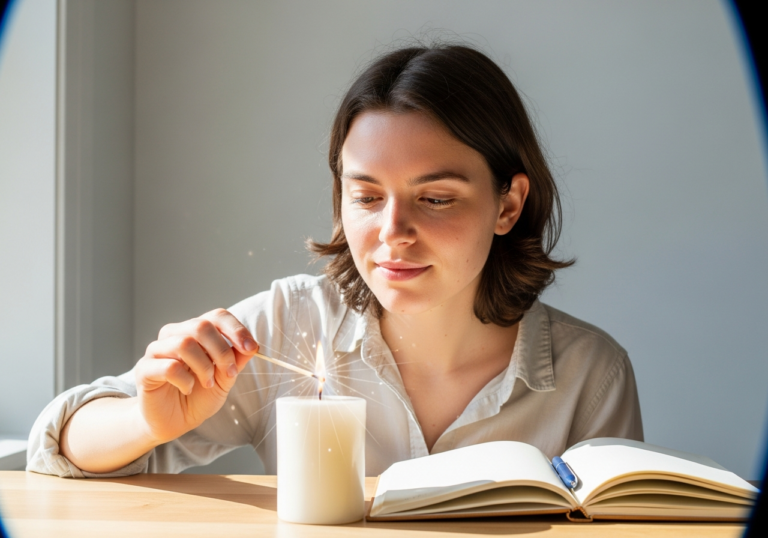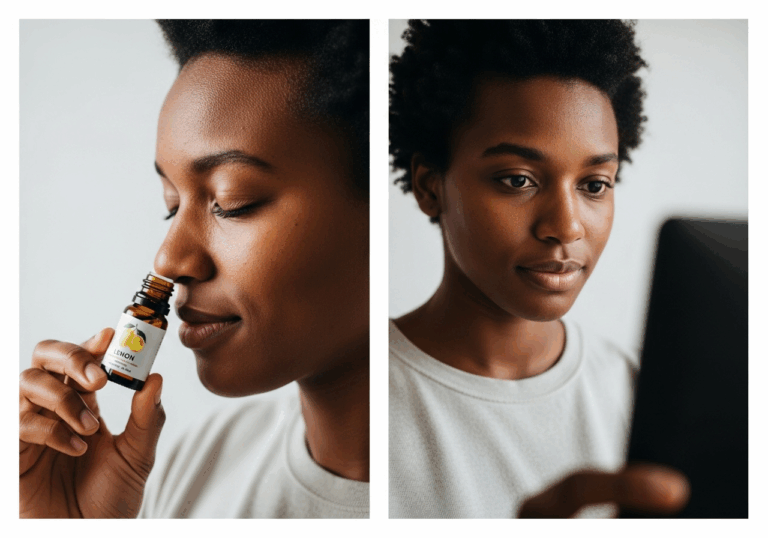Science-Backed Tips
Breathe Easy: Essential Oils for Better Blood Pressure
Inhale a calming blend to lower diastolic BP by 7.1 mm Hg.
📊 Did you know?
💡 Why It Matters
1️⃣
Demonstrates that olfactory interventions can effectively lower blood pressure, potentially reducing cardiovascular risk.
2️⃣
Supports the use of non-pharmacological methods for managing stress and hypertension, improving overall quality of life.
3️⃣
Provides evidence for the integration of aromatherapy in wellness programs for stress management.
✅ Try These Micro-Tips
🎯
Use a wearable diffuser to inhale the lavender-ylang-ylang-marjoram-neroli blend for 20 minutes daily.
🎯
Incorporate this essential oil blend into your daily routine for at least 4 weeks to observe potential benefits.
🎯
Consider combining essential oil inhalation with other stress-reduction techniques like meditation or yoga.
🎯
Monitor your blood pressure regularly to track changes during the inhalation period.
📚 The study
Embracing essential oils could be a transformative step towards a healthier, more balanced lifestyle.
❓ Frequently Asked Questions ❓
Learn more
What essential oils are included in the recommended blend?
The recommended blend includes lavender, ylang-ylang, marjoram, and neroli. These oils are known for their calming and mood-stabilizing properties.
How long should I use the essential oil blend to see results?
It is suggested to use the essential oil blend for at least 4 weeks to observe potential benefits. Consistent daily inhalation is key to achieving the desired effects.
What is the method of inhalation for the essential oil blend?
The essential oil blend should be inhaled using a wearable diffuser. This allows for convenient and continuous exposure throughout the day.
What physiological changes can I expect from using this blend?
Users can expect a reduction in daytime diastolic blood pressure by approximately 7.1 mm Hg. Additionally, there may be a decrease in salivary cortisol levels, indicating reduced stress.
Can I combine this inhalation method with other stress-reduction techniques?
Yes, combining essential oil inhalation with techniques like meditation or yoga can enhance stress reduction. This holistic approach may lead to improved overall well-being.
How often should I inhale the essential oil blend?
It is recommended to inhale the blend for about 20 minutes daily. Regular inhalation is crucial for maximizing the potential benefits.
Is this method suitable for everyone?
While many people can benefit from this method, individuals with specific health conditions should consult a healthcare professional first. It’s important to ensure that there are no contraindications with existing treatments.
How can I monitor my progress while using the essential oil blend?
Regularly monitoring your blood pressure can help track changes during the inhalation period. Keeping a journal of your mood and stress levels may also provide insights into your progress.
What are the potential benefits of using aromatherapy for stress management?
Aromatherapy can effectively lower blood pressure and reduce physiological stress responses. This non-pharmacological approach may improve overall quality of life and mood stabilization.
What evidence supports the use of this essential oil blend?
Research indicates that the inhalation of this specific blend can measurably reduce stress physiology and blood pressure. The findings support the integration of aromatherapy into wellness programs for stress management.
